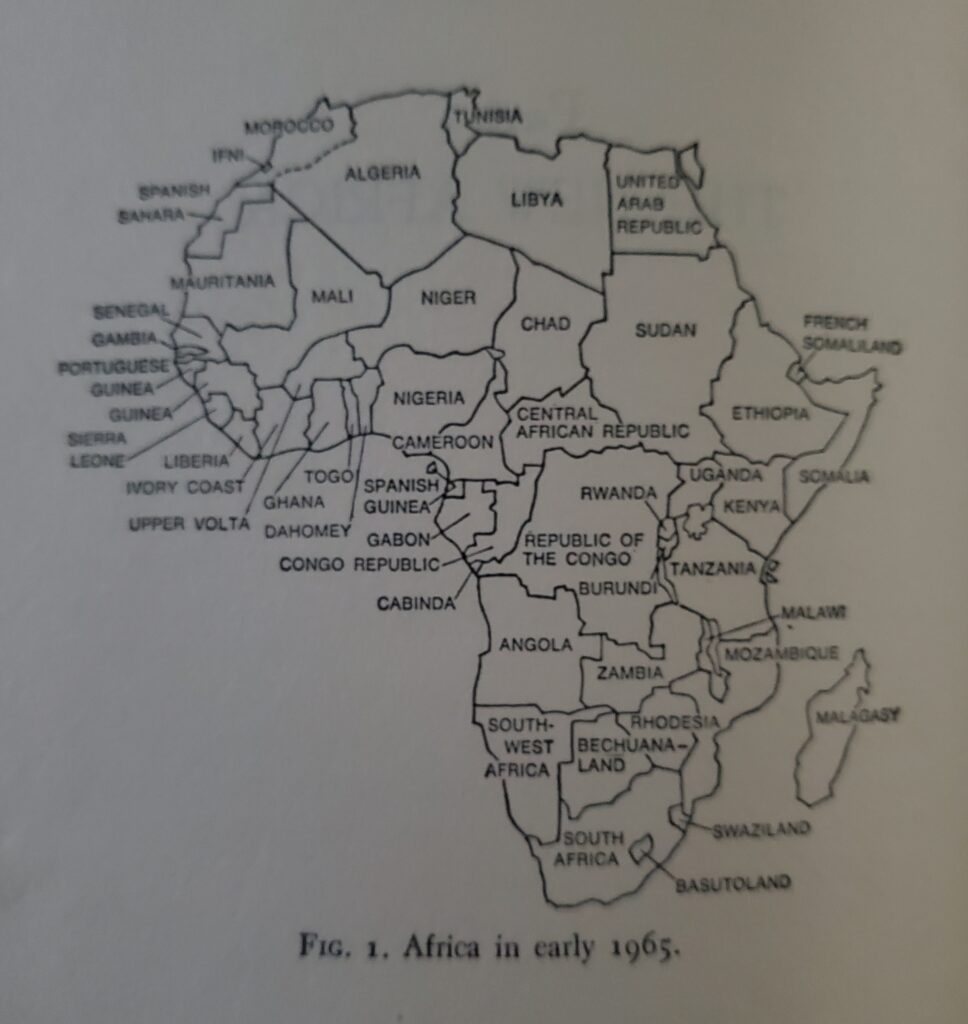Africa is called the “Motherland” and “Fatherland” because it’s the birthplace of the human race. Our African ancestors created human history, culture, and civilization. Black history does not begin with enslaved people. Africa was an advanced civilization prior to the arrival of Europeans.
In August of this year, I was excitedly preparing to journey to Ghana with a group of fellow travelers. My passport was up to date. My yellow-fever vaccine was given when I was in the military. I visited the traveler’s clinic to get a typhoid vaccine and anti-malaria pills. Then it happened, our trip was abruptly cancelled.
We were disappointed beyond our wildest imaginations. Everything happens for a reason was not comforting to my ears. I thought about my enslaved ancestors from West Africa that I was prepared to pay homage to. It took me a while to read an old book that sat idle on the shelf of my home library, Africa & Americans, by Paul Bohannan.
When I was finally ready, I picked up the book to read as a substitute for my cancelled journey. The author began, “ Africa has, for generations now, been viewed through a web of myth, so pervasive and so glib that understanding it becomes a two-fold task: the task of clarifying the myth and the separate task of examining whatever reality has been hidden behind it.”
I was now intrigued. The author, a professor of anthropology, was described as a leading authority on African affairs. He and his anthropologist wife spent time in Nigeria and Kenya.
Africa was described as the “Dark Continent,” but this had more to do with America and European visitor exaggerations. Some of the pervasive myths include lions in jungles. Lions do not live in jungles, what few lions there live in grasslands. This unfounded myth persists as a symbol for unrecognized fear that Americans have for Africa.
As I read about various other myths, the myth about race made me pause. To geneticists, the word “race” means an interbreeding population with distinct and heritable characteristics. The first Black person, formerly Negro, came to the New World in 1494. They provided as much of the heritage of the American continent as any other group. They were systematically closed out from the dominant culture and returned back to Africa in search of security. Shortly afterwards, colonialism occurred.
With colonialism, there’s always two ways of looking at the power system as well as the world. One if from the colonizing power and the other represents the views of the colonized people. The two viewpoints are the result of different cultural viewpoints and goals. There are cultural disparities.
In an African colony, political and economic situations were assessed by European rulers based on their culture. Africans assessed the same based on their cultures. Their separated histories led them to view other matters divergently.
Missionaries were the dominant importers of ideas. Their contact with Africans was of a broader social range because they remained in the area for years. They brought religious ideas as well as political and social ideas. They brought the habits they learned as children and in their homelands. They were in positions to influence policy.
Missionaries used European powers to colonize and exploit Africa. They sought to educate and reform the culture. In 1960, approximately 96 percent of the schools in Nigeria were mission-operated schools, often supported by government fund. British missionaries also encouraged Africans to trade with Britain. The three reasons given to colonize Africa were economic, political, and religious.
The truth is Christianity was present in rich Africa 1000 years before the first European colonists arrived on its shores.
Francie Mae. December 9, 2023.
Reference
Bohannan, Paul. 1964. Africa &Africans. Garden City, New York. The Natural History Press.
The
